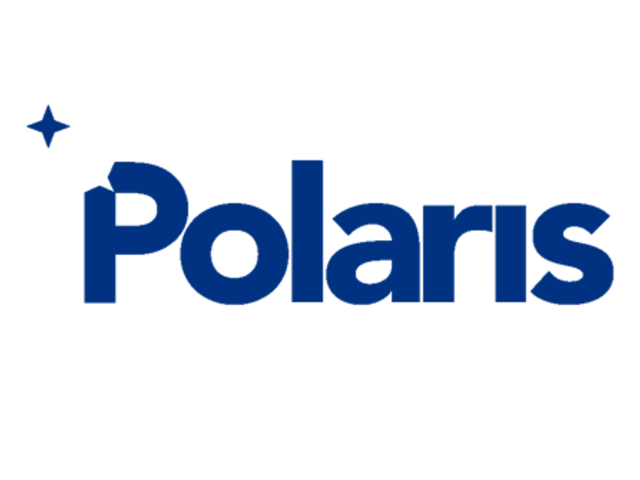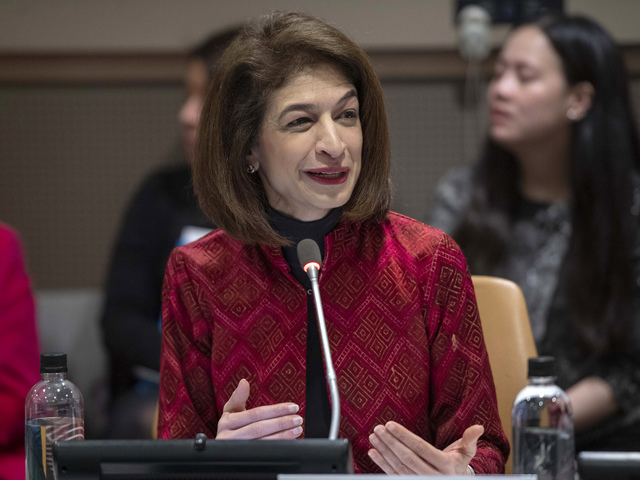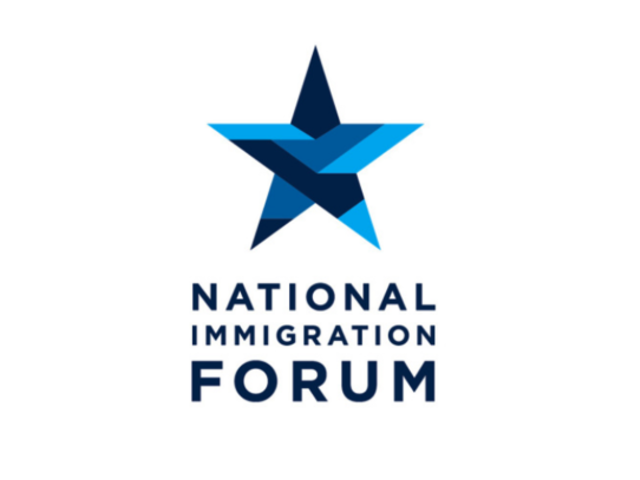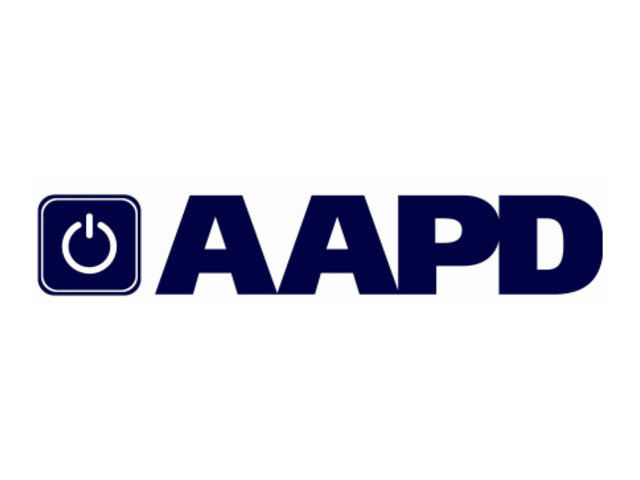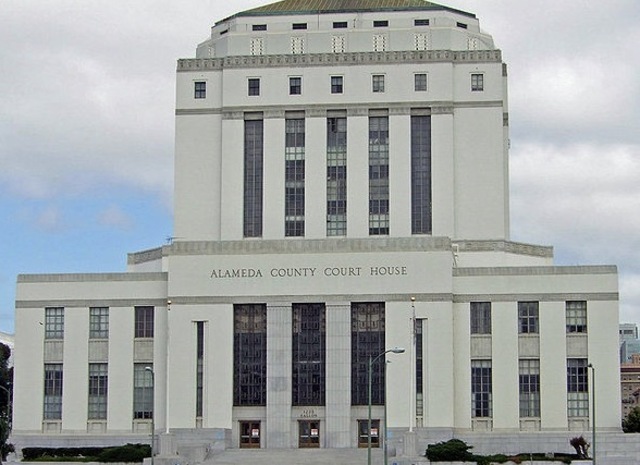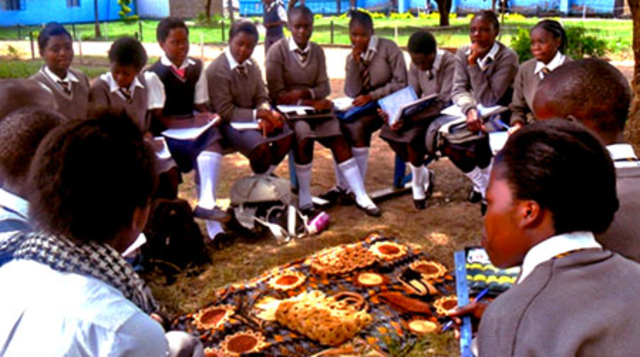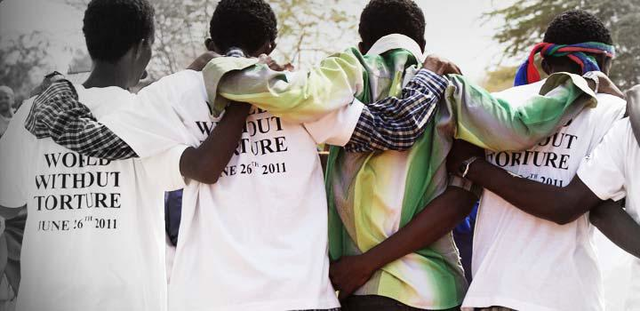Human trafficking is a business and the International Labour Organization estimates that it is a $150 billion global industry. A significant amount of this money will go through legitimate financial institutions, like retail bank branches. In some cases, traffickers and trafficking victims may utilize money remittance services, bank accounts, and credit cards. The graphs below show how often victims of trafficking reported contact to various financial institutions during their trafficking situation.
WHEN CUSTOMERS ARE BY AN ESCORT OR "GUARDIAN"
Did you know a customer who is being escorted and monitored while at the bank can be a red flag? If an individual’s documents such as their paycheck, passport, or driver’s license are being held by this “escort,” or the “escort” insists on translating for the person, these can both indicate potential human trafficking. The National Human Trafficking Hotline has also talked to thousands of potential victims and many have told us how their trafficker (sometimes their employer) insisted on being listed as a guardian or authorized user on their bank account, just to control their access to their funds. Survivors that participated in Polaris focus groups described how they used bank branches and red flags that tellers could have detected:
“During one of my labor trafficking experiences… I was often given a [pay]check, yet I was told that I was given a check solely for tax purposes. After receiving the check and cashing it at the bank with my traffickers beside me, I had to then give it back to my them… in cash.”
“He was never linked [to] or involved with [the bank accounts]. He would just sit at the bank with me… [and] make sure that I was not telling anyone anything.”
I WORK AT A CHECK CASHING AND MONEY WIRING COUNTER. WHAT CAN I LOOK FOR?
Many victims of human trafficking, particularly migrant workers in rural communities, do not have regular contact with anyone in the United States other than their traffickers at their job sites. Sometimes the only outside contact they may have is when visiting check cashing counters, bank branches, or money wiring services. For example, the National Hotline frequently hears of trafficked migrant farm workers being transported by their employers weekly to a local retailer in order to cash paychecks and hopefully send money home through wire transfers. In some cases, these transfers may be to pay off a debt owed to a labor recruiter in their home country. Or sometimes, the victim cashes their paycheck only to transfer money back to their employer’s account to pay off their increasing debt. Those working at money transmitting venues may notice many individuals coming in to transfer near identical amounts to the same person or business on a routine basis. This can be a strong indicator of debt bondage.
One thing banks and money wire services can do is make sure the National Human Trafficking Hotline number is posted or available to at-risk customers. This could be provided on receipts, in mobile/online portals, or separate brochures or palm cards.
OKAY, BUT WHAT SHOULD I DO IF I SUSPECT SOMETHING?
If you ever see these indicators or others that might be connected with human trafficking, make sure to document what you’ve observed and tell a supervisor to determine if your bank has standard protocols when it comes to reporting potential abuse. If you’re not sure, you can always reach out to the National Human Trafficking Hotline at 1-888-373-7888.
OTHER RESOURCES ON POSSIBLE RED-FLAGS ASSOCIATED WITH HUMAN TRAFFICKING AT BANKS
-FinCEN: Guidance on Recognizing Activity that May be Associated with Human Smuggling and Human Trafficking – Financial Red Flags
-U.S. Banks Alliance Toolkit
-ACAMS Resources
WHAT ELSE CAN MY FINANCIAL INSTITUTION DO?
Safe housing, jobs, cars, and even cell phones can require a person having good credit. Many survivors leave their trafficking situation without this and it can be extremely difficult for them to regain credit and access to financial resources like bank accounts that their trafficker took from them. Some survivors spoke on how their trafficker’s intentional destruction of their credit is still affecting their lives years later:
“I can’t even get a [pre-paid credit card]! I can’t get anything. I’m banned! Last year I went to try and get a [pre-paid card] and I put $300 on there. [The credit card company] took the money, but then they were like, “Oh, there’s a problem with the card.” So when I called the card [company], they said, “you’re basically 86’d from our services because of advertisements on Backpage.com.” That’s embarrassing!”
“Everything was put in my name with [my trafficker] as a co-signer, since [my trafficker] used a fake name, when I escaped, everything faulted back on me.”
Banks have the ability to reconsider certain discretionary policies that may unintentionally keep survivors from accessing bank accounts. Some examples are:
-Create account qualification exception programs for identified survivors of trafficking who provide documentation of their victim status from service provider or law enforcement.
-Offer low-to-no fee “second chance” accounts to survivors.
-Accept addresses provided through a state’s official Address Confidentiality Program (ACP). FinCEN has declared these addresses are a valid substitute that satisfies Customer Information Program (CIP) requirements.
-Establish partnerships with local anti-trafficking service providers, including providing credit building micro loans or other financial assistance programs and volunteering to provide free financial counseling or financial literacy courses to survivors and advocates.
-Local anti-trafficking service providers can sometimes provide “Human Trafficking 101” training to bank staff!
-Search the National Human Trafficking Referral Directory or call the National Hotline to find a local anti-trafficking service provider around you.
If you’re an anti-money laundering or banking professional and want to learn more about working with Polaris, please contact corporateengagement@polarisproject.org. Learn more about the intersection between human trafficking and the financial industry.
